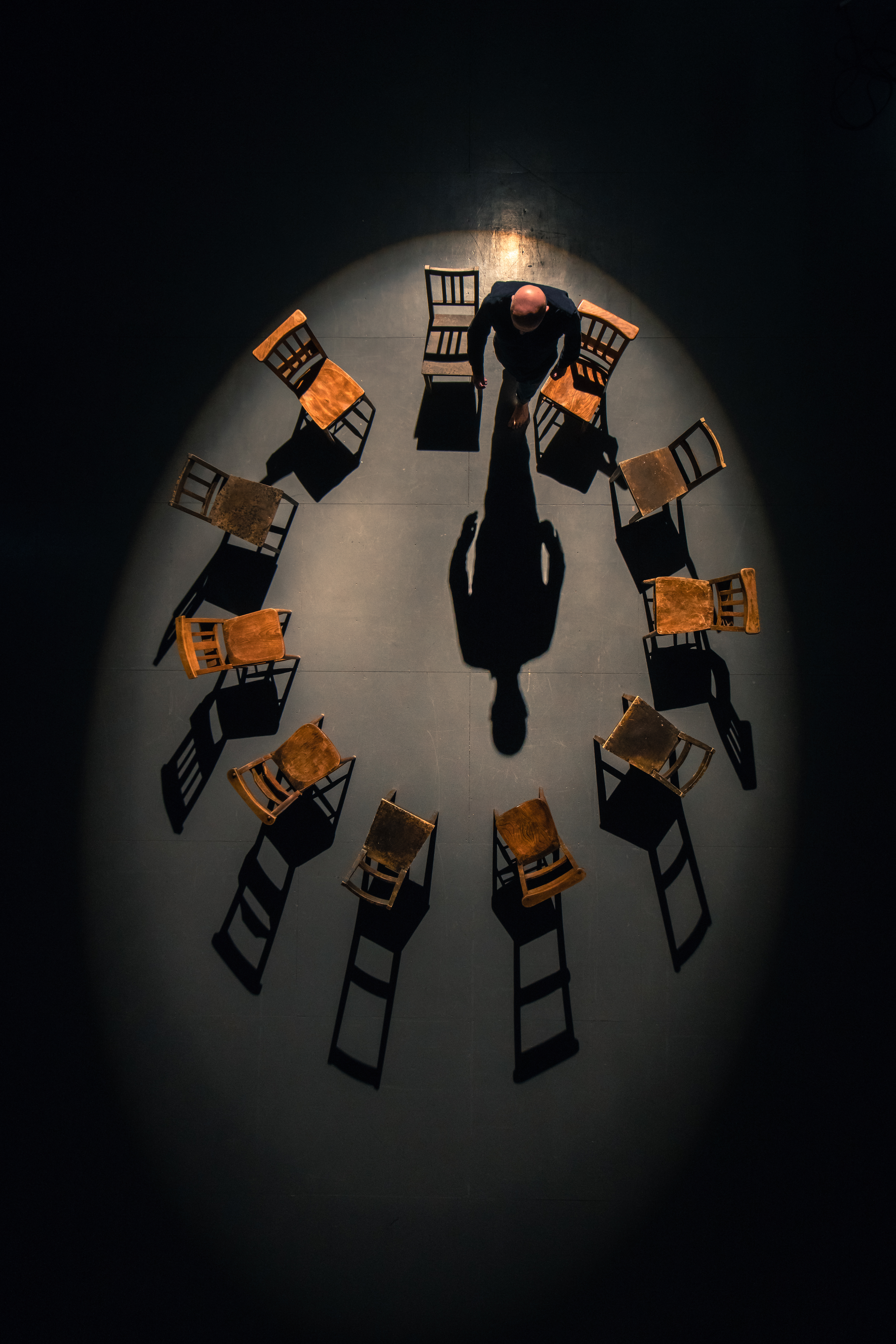Dramma, tragedia, romanzo: Benjamin, Adorno e le forme della Storia
DOI:
https://doi.org/10.13133/2239-1983/18075Abstract
In this essay we investigate the relationship between theatre, novel and philosophy of history in the thinking of Walter Benjamin and Theodor Adorno. The key assumption, on which the two critics and philosophers seem to agree, is that a philosophy of history is possible not as a reconstruction of the unfolding of a rational principle, but solely as a connection between aesthetic products. In certain epochs, these gather around a centre, becoming legi- ble as forms. Novel, drama and tragedy thus become not only theatrical and literary genres but, for critical thought, figures in which social and historical relations become manifest and comprehensible. Starting from this assumption, we examine the connection between theatre and novel in Benjamin and Adorno, and analyse the strategic role that these assume in their reading and diagnosis of the past and present.
Pubblicato
Versioni
- 2022-06-28 (2)
- 2022-06-28 (1)
Come citare
Fascicolo
Sezione
Licenza
Gli autori che pubblicano su questa rivista accettano le seguenti condizioni:- Gli autori mantengono i diritti sulla loro opera e cedono alla rivista il diritto di prima pubblicazione dell'opera, contemporaneamente licenziata sotto una Licenza Creative Commons - Attribuzione che permette ad altri di condividere l'opera indicando la paternità intellettuale e la prima pubblicazione su questa rivista.
- Gli autori possono aderire ad altri accordi di licenza non esclusiva per la distribuzione della versione dell'opera pubblicata (es. depositarla in un archivio istituzionale o pubblicarla in una monografia), a patto di indicare che la prima pubblicazione è avvenuta su questa rivista.
- Gli autori possono diffondere la loro opera online (es. in repository istituzionali o nel loro sito web) prima e durante il processo di submission, poiché può portare a scambi produttivi e aumentare le citazioni dell'opera pubblicata (Vedi The Effect of Open Access).


